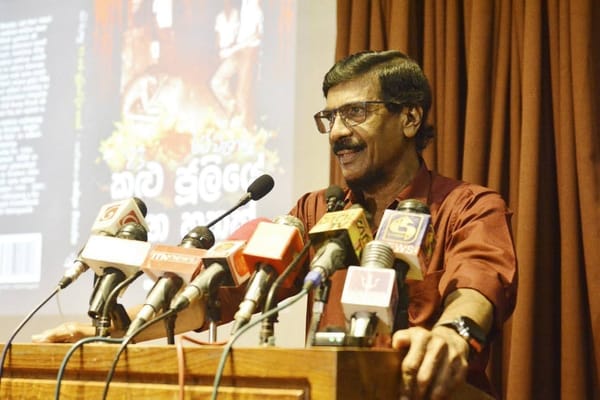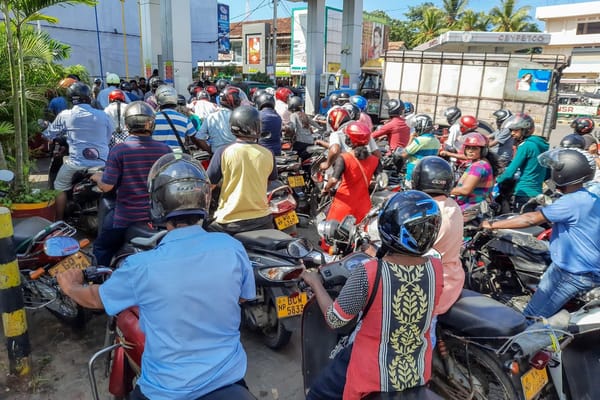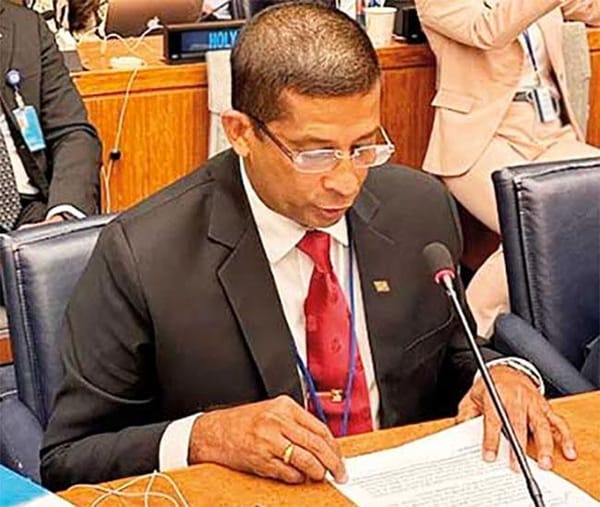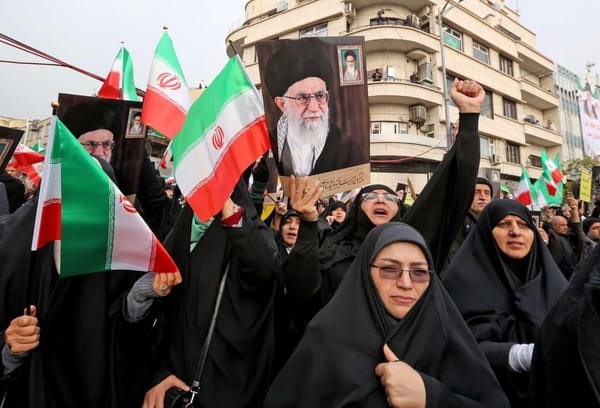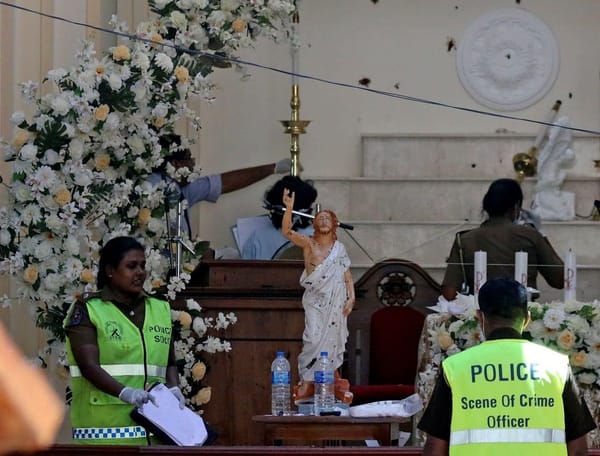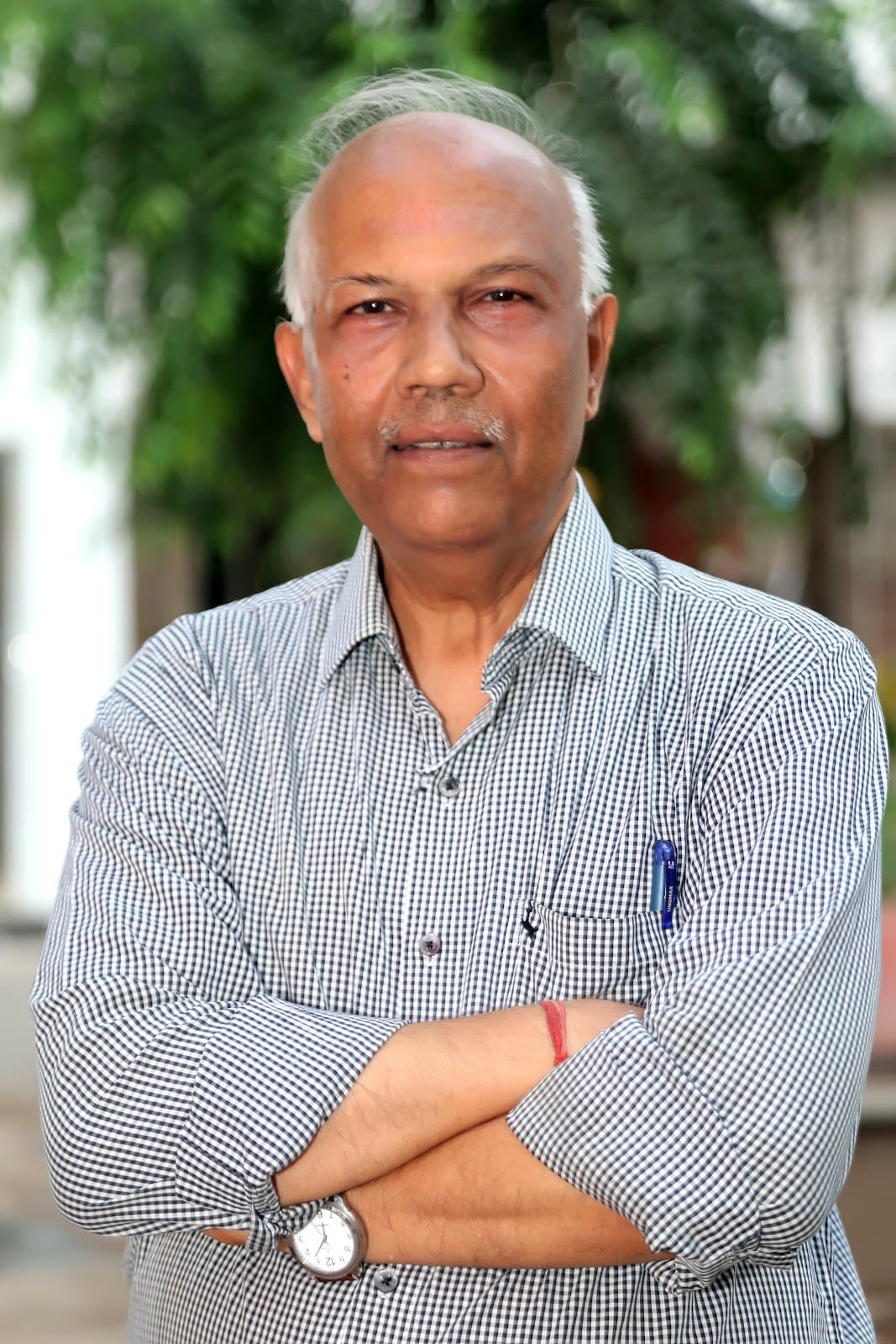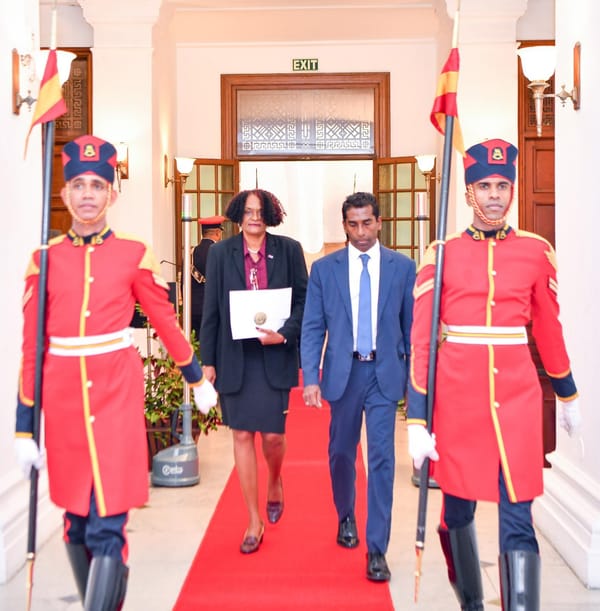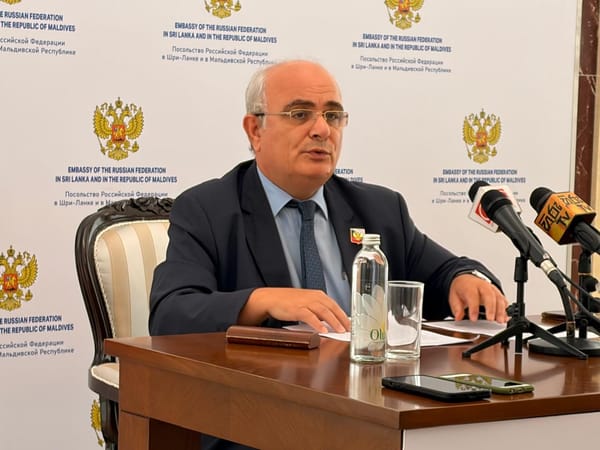The General Secretary of the Janatha Vimukthi Peramuna (JVP), Tilvin Silva, has announced that the government has begun the process of repealing the Prevention of Terrorism Act (PTA), a controversial law that has been in force since 1979.
Speaking at a recent discussion held at the Mahaweli Centre in Colombo, Silva also characterized the 1983 Black July pogrom as a calculated political move by then-President J.R. Jayewardene to construct an authoritarian state through the mobilization of Sinhala nationalism and the repression of Tamils.
The event centered around the investigative book "Seven Days That Shook the Nation — Black July 1983," written by Nandana Weeraratne and translated into Tamil by Manoranjan.
Personal Impact and Historical Context
Silva recounted his personal experience during the 1983 violence, when he served as the full-time organizer of the JVP in the Kalutara-Beruwala district.
"After the riots, our party was banned, and we were forced to carry out political activities underground," he recalled.
The JVP leader argued that the pogrom and the government's subsequent actions were designed to suppress both the Tamil people and the political left, clearing the path for a highly centralized presidential system.
"J.R. Jayewardene wanted to establish an authoritarian regime. To achieve this, he unleashed repression against Tamils and promoted Sinhala nationalism," Silva said.
He linked these events to the presidential system introduced under the 1978 Constitution, which concentrated enormous power in the executive branch.
Rejecting Historical Narratives
Silva strongly rejected claims that the JVP had organized the 1983 riots, calling such assertions false propaganda used to justify further state repression.
"It was falsely propagated that the 1983 riots were organized by the JVP. But the truth is, we were deeply affected by those riots. Because of J.R. Jayewardene's lust for power, not just the North and East, but the entire country — including the South — paid a heavy price," he said.
Commitment to Tamil Community
Concluding his remarks, Silva pledged that the JVP would not betray the trust of the Tamil people, who he described as fellow victims of state oppression.
"We will never betray the trust placed in us by the Tamil people," Silva declared.
The Prevention of Terrorism Act (PTA) has been widely condemned by human rights organizations and the international community for enabling arbitrary detention and torture. Its repeal has been a longstanding demand of Tamil and civil society groups in Sri Lanka. The JVP-led National People’s Power (NPP) government, in its election manifesto, pledged to repeal the law immediately upon assuming office. However, even after a year in power, no concrete action has been taken so far.

